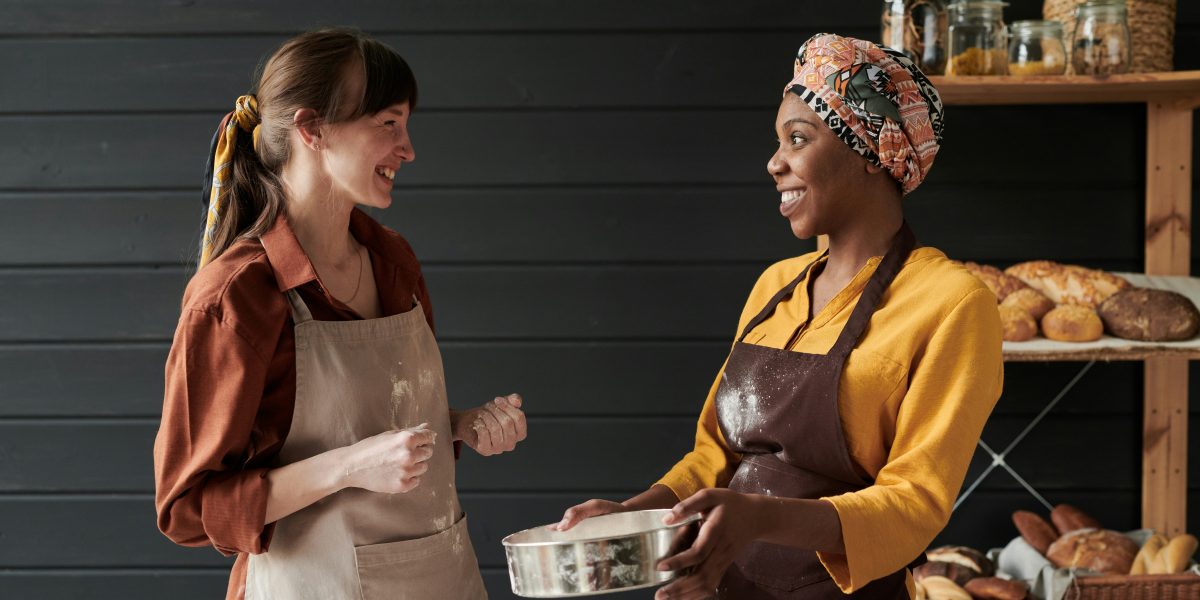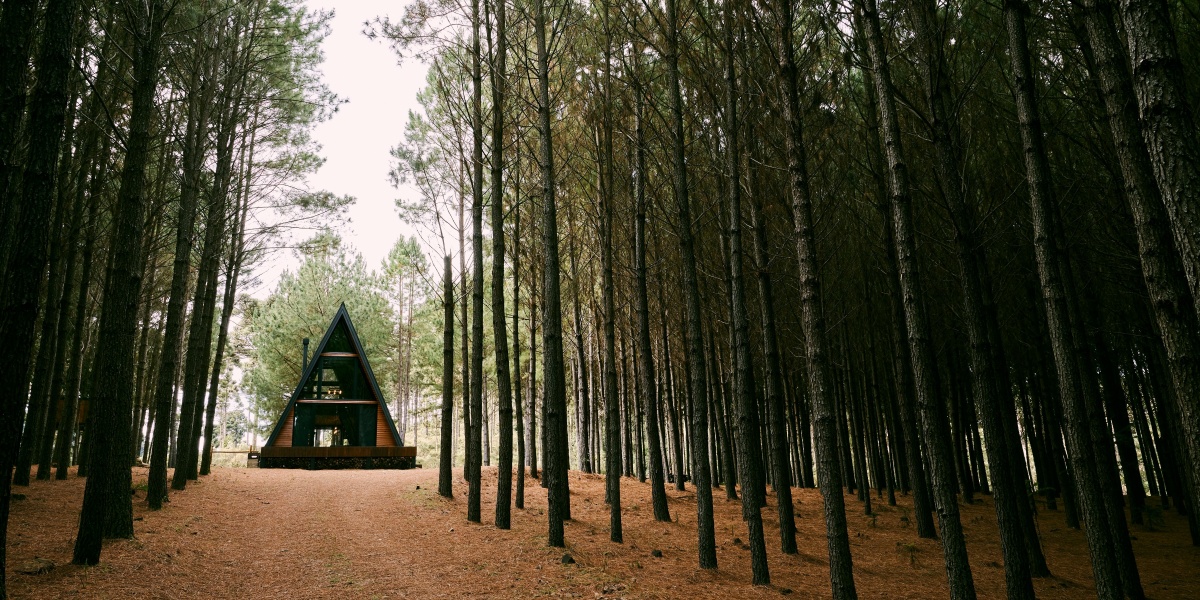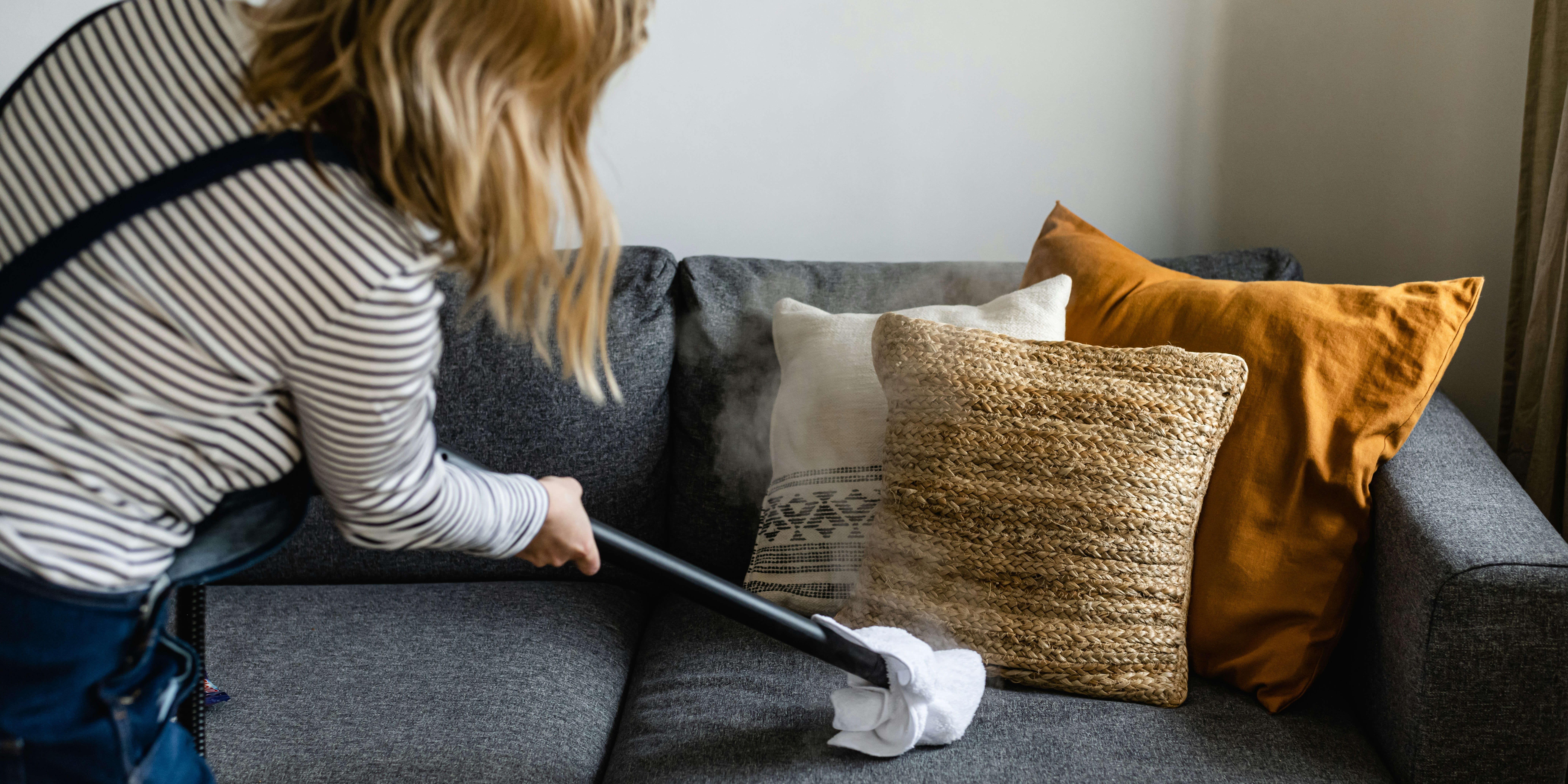This article will explore why experimenting and practicing are essential to building cooking skills, how to start with simple dishes, and ways to gradually progress to more complex recipes.
Why Should You Experiment in the Kitchen?
For many people, the idea of experimenting in the kitchen can feel a little intimidating. It’s natural to want to stick to what you know, especially when it comes to food, but experimenting is one of the best ways to grow as a cook. By trying new ingredients, methods, and flavor combinations, you open yourself up to discovering new favorites and improving your overall understanding of how cooking works.
Experimenting doesn’t have to mean diving into a complex dish on your first try. Start small by adding a new spice to a familiar recipe or swapping out one ingredient for another. These small changes can help you build confidence without overwhelming yourself. For instance, if you’re making a basic pasta dish, try experimenting with different sauces or adding roasted vegetables for a twist on a classic recipe.
Not every experiment will turn out perfectly, and that’s okay. The beauty of cooking is that it’s a learning process. Some of the best dishes come from trial and error, and each mistake is an opportunity to learn and improve. When you approach cooking with a mindset of exploration, it becomes less about perfection and more about the joy of discovery. Over time, these experiments will teach you more about your preferences and how different flavors and techniques work together.
Experimenting also helps keep cooking exciting. Instead of making the same meals over and over, you can play with new recipes and approaches, which keeps things fresh in the kitchen. And the more you experiment, the more comfortable you’ll become with creating your own unique dishes.
How Does Practice Build Confidence in Cooking?
Just like any other skill, practice is crucial for improving your cooking abilities. When you’re new to cooking, it can feel overwhelming to get everything right—the timing, the seasoning, the technique. But the more you cook, the more these elements become second nature. As you practice, you’ll develop a better sense of timing, understand how to balance flavors, and become more efficient with your prep work.
Starting with simple recipes is the best way to build your confidence in the kitchen. Simple dishes often focus on core techniques like sautéing, boiling, or roasting, which are the building blocks for more advanced cooking. Mastering these basics will give you the confidence to tackle more challenging recipes down the line.
For example, a beginner might start with a simple stir-fry or roasted chicken. These dishes are forgiving and don’t require advanced skills, but they teach important fundamentals like how to cook ingredients evenly or how to achieve the right texture. Once you feel confident in making simple meals, you can gradually challenge yourself with more complex recipes that require precise timing or advanced techniques like making a sauce from scratch.
One of the key benefits of practicing is that it allows you to get familiar with your tools and ingredients. Over time, you’ll learn how your stove heats, how to properly handle a knife, and how certain ingredients behave when cooked. This familiarity not only speeds up your cooking process but also makes it less stressful because you’ll know what to expect at each step.
It’s also important to practice mindfulness in cooking. Take note of what works and what doesn’t. If a dish turns out too salty, reflect on how much seasoning you added and adjust the next time. By being aware of your actions and outcomes, each cooking session becomes an opportunity to refine your skills and make the next meal even better.
How Can You Progress to More Complex Recipes?
Once you’ve gained confidence with simple dishes, it’s time to start pushing yourself by trying more complex recipes. This doesn’t mean jumping into gourmet-level dishes right away, but gradually increasing the difficulty of the recipes you attempt. The key is to challenge yourself without overwhelming your current skill set.
Complex recipes often involve multiple steps or techniques, so it’s important to read through the entire recipe before starting. This helps you prepare mentally and ensures that you have all the ingredients and tools ready. For example, a risotto might require constant stirring and careful attention to achieve the perfect creamy texture, but once you understand the method, it’s a dish that can impress with its flavor and simplicity.
Another way to progress is by focusing on one specific technique and perfecting it. If you’ve mastered the basics of sautéing or roasting, challenge yourself to learn how to make a sauce or braise meat. These techniques may take longer and require more attention, but they offer a deeper understanding of how flavors develop over time.
You can also expand your culinary repertoire by experimenting with different cuisines. If you’re used to cooking simple American or European dishes, try venturing into Asian, Middle Eastern, or Latin American recipes. These cuisines often introduce new ingredients and cooking methods that can enhance your overall skills. For instance, learning how to properly use a wok for stir-frying or experimenting with spices used in Indian cooking can add a whole new dimension to your abilities.
Additionally, cooking for others is a great way to challenge yourself. Preparing a meal for family or friends pushes you to perfect your timing and presentation, and it adds a sense of accountability to get the dish right. Plus, sharing your creations with others is one of the most rewarding aspects of cooking.
Becoming a better cook isn’t just about following recipes—it’s about experimenting and practicing until you feel confident in the kitchen. By starting with simple dishes and gradually working your way up to more complex recipes, you’ll gain the skills needed to create delicious meals with ease. Don’t be afraid to try new things, make mistakes, and learn from them along the way.
Cooking is a journey that takes time and patience, but with each new dish, you’re building valuable experience. So the next time you step into the kitchen, approach it with curiosity and a willingness to experiment. Over time, you’ll find yourself more comfortable, creative, and confident in your cooking abilities, turning everyday meals into something truly special.








